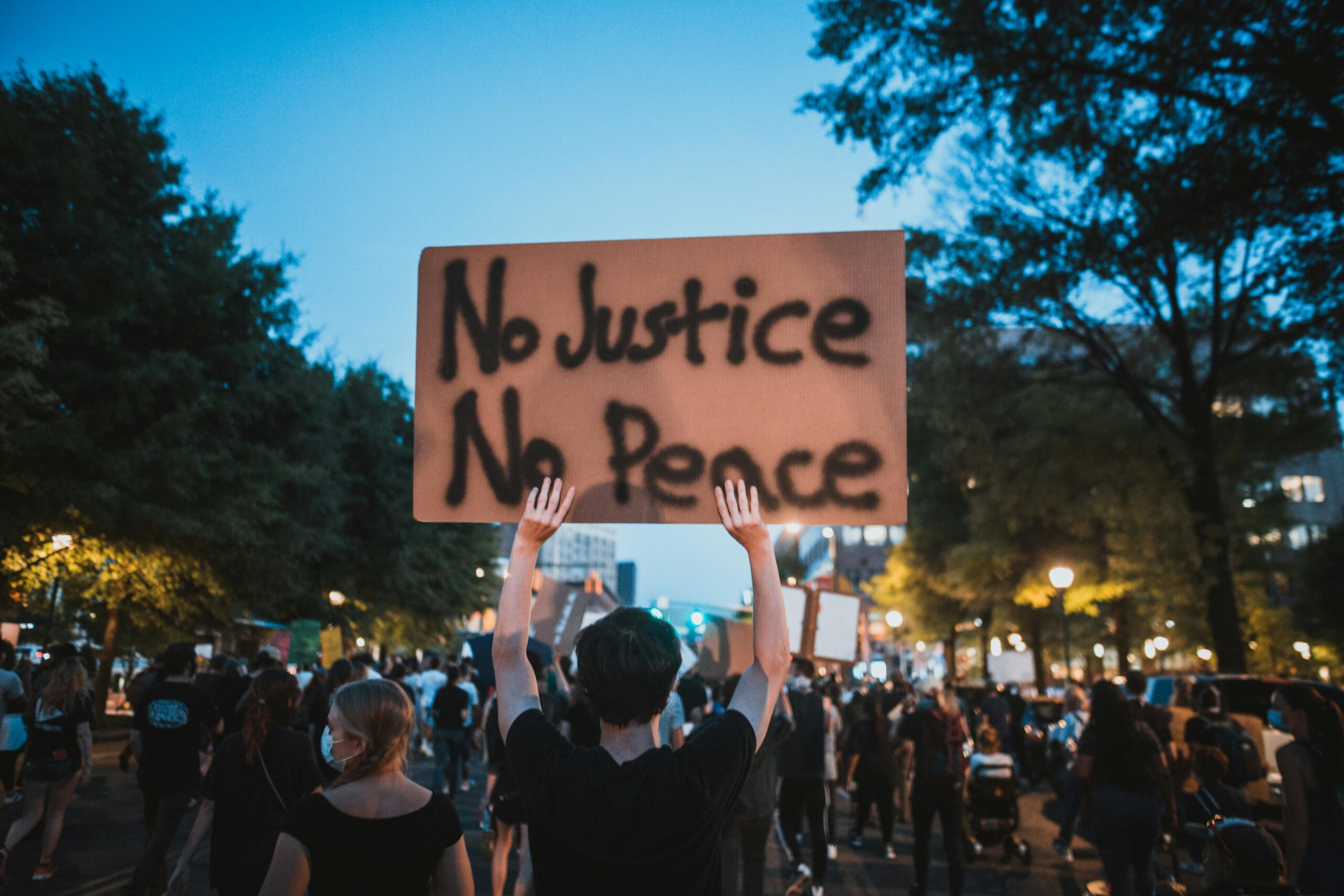One of the key ways that I knew something was wrong with me, was my inability to feel anything for Palestine. It’s not that I didn’t want to. I didn’t swap sides and nor did I suddenly become neo-liberal, self-care queen and decide to just ‘focus on myself’ – it’s like something switched off inside me. Contextually, this was one symptom of a wider issue of a depressive episode. But it was certainly a key indicator considering I’m not sure that the activist switch ever turned off inside me for as long as I’ve known. So to feel nothing, or avoid all news reports of an orange buffoon in America and his plans for Gaza, his farce of a meeting with Zelensky, the state of British politics, and the ass-kissing of Musk…
I couldn’t find the words to express what I was going through. In fact, I’m still struggling to articulate it now—which is why I’ve enlisted some help with this blog. Because sometimes even writers need a hand holding the pen.
What exactly is Activist Burnout?
- Burnout is how our emotional systems respond to spending too long in fight-or-flight mode.
- For activists, it’s the exhaustion that comes from constantly confronting injustice, pushing against systems designed to resist change, and carrying the weight of others’ suffering. It’s waking up one day and finding your passion has been replaced with numbness, your drive with apathy.
- It happens to the most dedicated among us—perhaps especially to them. The flame that burns brightest also burns quickest.

Media as Witness
I watched the Oscar-winning documentary “No Other Land.” The first half hour felt weirdly dystopian—destroy, rebuild, smile, repeat. But then it gripped me as the cruel reality of the IDF’s actions came into focus.
The conversation between Basel and Yuval struck me—their enthusiasm, wanting everything done in ten days. It made me reflect: isn’t that how I approached activism? Wanting immediate results, quick victories? Isn’t that part of what burned me out?
Perhaps that’s our colonized thinking—wanting everything fast, immediate, efficient. Real change requires patience and getting used to failure. Basel’s arrest scene is pure psychological warfare—the fear-mongering, the anticipation. His mother telling him to “wear a warmer coat, it’s cold” when anticipating his arrest broke my heart and reminded me of the everyday humanity behind the headlines.
Stories as Connection
I also started watching “Mo” on Netflix—a show about a Palestinian refugee living in Houston, Texas, navigating the asylum process while supporting his family. I’m not even halfway through the first season, but I’m in love with its balanced, nuanced portrayal of Palestinians in the diaspora.
The acting feels authentic from the very first episode, unlike many shows where it takes time to believe the characters. My favourite moment so far is Mo in therapy via confession box, where the pastor says to him, “There is no glory in suffering, but there is in sacrifice.” That line has become something of a mantra as I rethink my approach to activism.


Dance as Resistance
I started attending dabke workshops—traditional Palestinian folk dance. Something about the rhythmic stomping, the communal nature of the dance, bypassed my cognitive numbness and reconnected me to something deeper. After just two workshops, I was scouted to join a performance team!
I’m still learning the basic moves, but I’m excited to discover how each step connects to resistance and cultural preservation. There’s something powerful about embodying solidarity rather than just intellectualizing it. Keep an eye out on the next one dear reader and perhaps see you there with us?!

The Slow Burn
What I’m learning through this recovery is that activism isn’t a sprint—it’s a marathon. Sometimes even a relay, where we pass the baton when we need rest. The work of justice continues whether I’m on the frontlines or rebuilding my strength on the sidelines.
As Jane Goodall wisely said, “The greatest danger to our future is apathy. We can’t all save the world in a dramatic way, but we can each make our small difference, and together those small differences add up. Every single person makes an impact on the planet every single day. The question is: What kind of impact do you want to make?”
Today, my impact might be smaller than before. It might be in a Dabke step rather than a protest chant. It might be in understanding rather than action. But it’s still there, still meaningful, still part of the greater whole.
And slowly, I can feel the switch turning back on.

